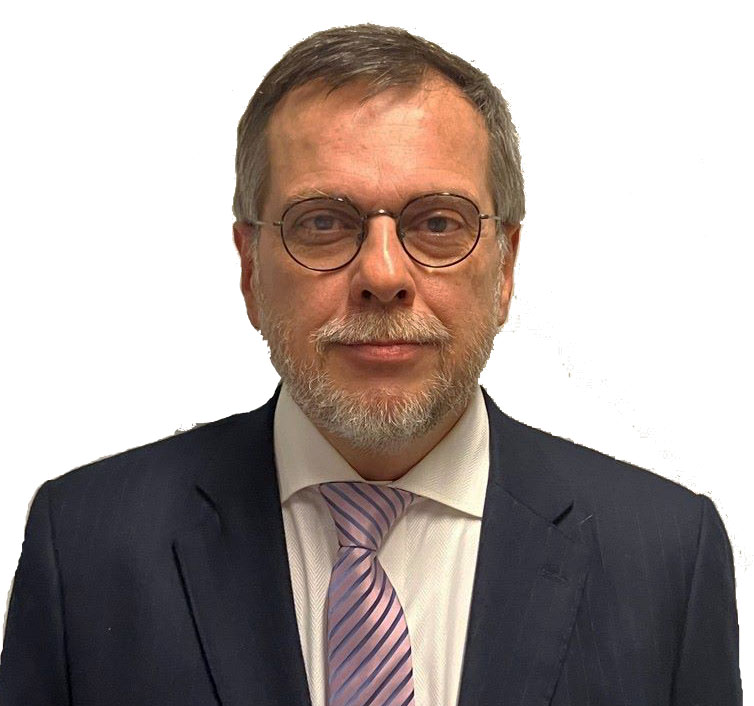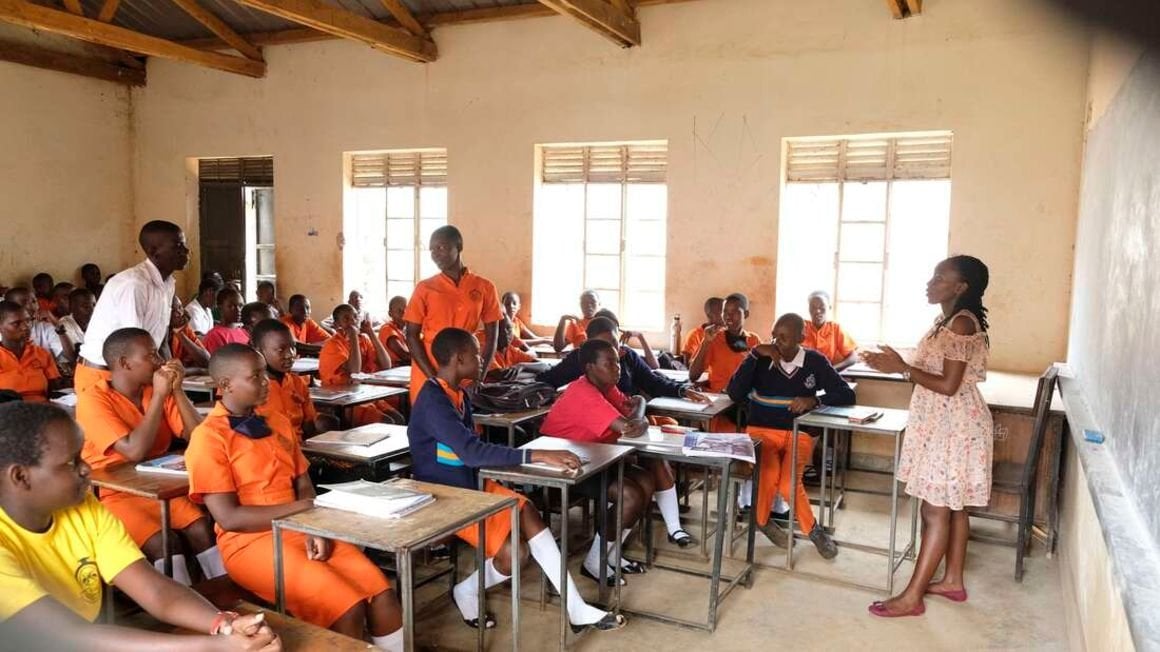Prime
Global imperative to reverse the teacher shortage

H.E Hugues Chantry
What you need to know:
- Teachers do not only teach. Teachers share their knowledge. Teachers support. Teachers complement family education.
Today, we commemorate the teachers and shed light on their monumental role in society. On behalf of the European Union and its member states, I extend a well-deserved appreciation to the teachers and educators who change millions of lives and shape our societies.
Both my parents were teachers and I know that the teaching profession is not an easy one.
Teachers today face several challenges which can strongly affect motivation and lead to job dissatisfaction.
The theme for this year, “The teachers we need for the education we want: The global imperative to reverse the teacher shortage” effectively underscores the need for a collective effort to ensure that the conditions that allow teachers to perform to their full potential are in place.
The European Union and its member states – Team Europe – have been supporting the education sector in Uganda for many years.
For instance, Belgium has for the last eight years contributed to improving the quality of teachers and teaching through the Teacher Training Education project together with the Government of Uganda and the Belgian Development Agency, Enabel.
This project focused on the quality of secondary teacher education by strengthening the professional competencies of teacher trainers and future teachers graduating from the five National Teachers’ Colleges (NTCs) of Mubende, Kaliro, Kabale, Unyama and Muni.
For the next five years, Belgium, again through Enabel, will implement two follow-up interventions on education: the “WeLearn” project to boost equal learning opportunities and adequately prepare for the world of work; and the “WeTrain4Health” project to improve the learning environment, quality of teaching and participative management in health training institutions.
This is in addition to other Belgian interventions in education through other partners such as VVOB, UNICEF and academic cooperation between Belgian and Ugandan institutions of higher learning.
Jointly, through Team Europe in Uganda, the EU, Belgium, Germany and the UN will implement a EUR 112 million Gender for Development Uganda (G4DU) programme to promote education for adolescent girls and support 200 schools in Uganda. All of these, complement and consolidate the interventions of the government of Uganda and other partners.
Both Uganda and the EU member states have signed up to the United Nations Agenda 2030, with Sustainable Development Goal 4 calling for “inclusive and equitable quality education and promoting lifelong learning opportunities for all” and thereby stressing “the role of education as a main driver of development and its contribution in achieving other Sustainable Development Goals.”
The realisation of this year’s theme starts with prioritisation of education through concrete actions. The European Union member states have showed their determination to support the efforts of the government of Uganda but more needs to be done.
Allow me to highlight three actions that could not only structurally help improve the quality of education but also address the current shortages: (1) Increasing the national budget for education.
Unfortunately, at 2.2 percent of GDP and 8.4 percent of the national budget, the allocation to education still falls short of the of international targets (5 percent of GDP and the 20 percent of total budget) as stipulated in the Dakar declaration.
(2) addressing the certification challenges for the graduates of the teachers’ colleges. ; (3) addressing the human resource gaps in institutions of learning.
Teachers are of course critical to improving the quality of education. Teachers do not only teach. Teachers share their knowledge.
Teachers support. Teachers complement family education. Teachers advice. Teachers inspire. For all these reasons, they deserve our support.
H.E Hugues Chantry, Ambassador of Belgium.




